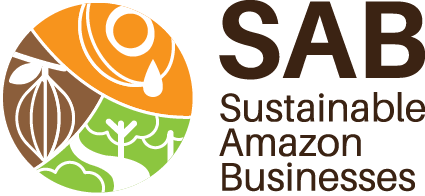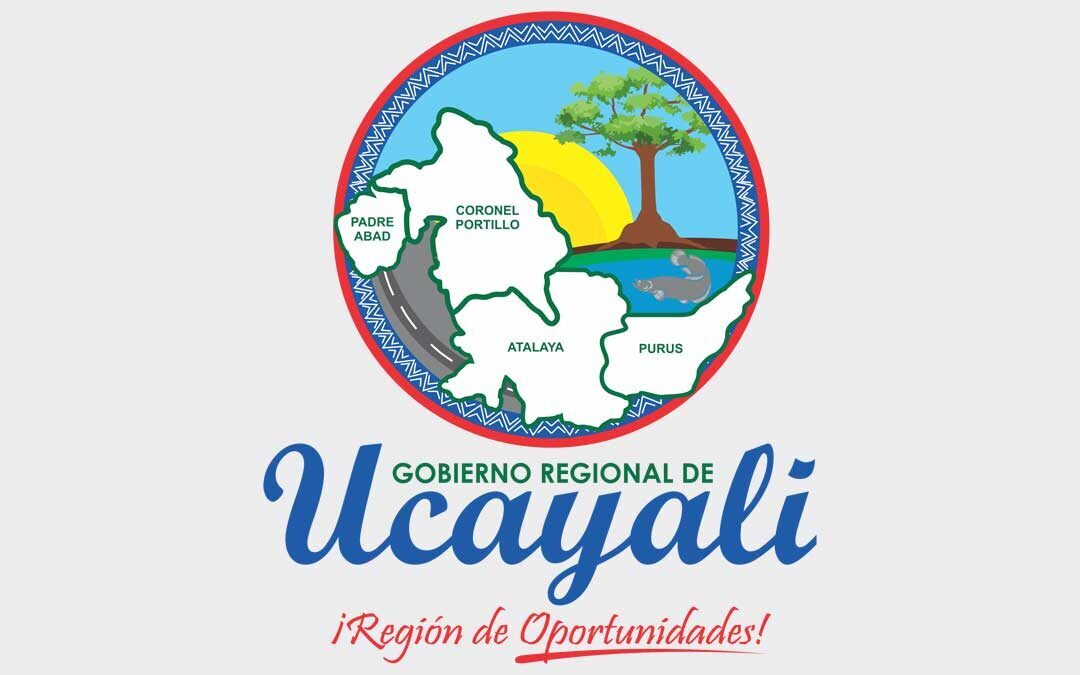The integrated strategies to strengthen the regional competitiveness plans of the cocoa‑chocolate and oil palm value chains, developed by the Alliance of Bioversity International and CIAT, with support from the Regional Office for Economic Development of the Ucayali Regional Government, are among the public management instruments that will guide the sustainable development of the region.
Both strategies were approved by a Regional Government Resolution, and it was determined that they will be used by the Ucayali Regional Government in the process of updating the cocoa–chocolate and oil palm competitiveness plans, as well as the preparation and/or update of other related public management instruments.
The approval of both strategies by Regional Government Resolution No. 322-2020-GRU-GR will allow the incorporation of new elements into existing regional competitiveness plans and public management instruments so they will be updated, as they have been designed to strengthen the development of sustainable value chains for the benefit of small producers. In September 2019, CIAT (now the Alliance of Bioversity International and CIAT) signed a framework agreement with the Ucayali Regional Government (GRU, its Spanish initials) in Peru, with the purpose of working together to draft and implement the strategies for business models, value chain support, and others, to contribute to the reduction of deforestation and greenhouse gas (GHG) emissions. The agreement was signed as part of the implementation of the “Business Models to Address Drivers of Deforestation in Peru – Sustainable Amazon Businesses (SAB)” project led by the Alliance. The project is part of the International Climate Initiative (IKI, its German initials), supported by the German Federal Ministry for the Environment, Nature Conservation, and Nuclear Safety (BMU, its German initials).
Last August 18 and 21, both documents were officially presented in virtual meetings, with the participation of representatives from the Regional Office for Economic Development of the Ucayali Regional Government, the Regional Directorate for Agriculture, and representatives from universities in the region. Andrés Charry, Research Associate from the Alliance, was in charge of presentations, through which he shared updated information on the status of both value chains, in addition to the new activities and goals geared towards reducing GHG emissions and improving the living conditions of producer families.
Among the key messages delivered, we can point out the need to ensure compliance with technical soil conditions to produce cocoa and oil palm, since more than 90% of GHG emissions originate from land-use changes.
“A market analysis showed that currently, there are more requirements associated to sustainability, where forest conservation is being positioned as a key issue. Soon, it won’t be a differentiating factor, but a market entry component,” said researcher Andrés Charry.
Also, emphasis was made on the importance of aligning the goals of stakeholders from different levels, as well as the efforts being carried out for the sustainable development of the cocoa–chocolate and oil palm value chains, in addition to strengthening regional technical committees. Finally, the need was stressed for an updated and accessible information system for value chain stakeholders.
Both strategies were approved by Regional Government Resolution No. 322-2020-GRU-GR and the Integrated Cocoa Strategy was presented in the 2020 Peru Cocoa and Chocolate Virtual Venue. This event provided the opportunity to share updated information on the Ucayali value chain and to reach multiple stakeholders visiting the virtual platform.
CONTACTS:
Marcela Quintero, Project Leader and Director of the Multifunctional Landscapes Research Area.
Yovita Ivanova, Project Coordinator and Senior Manager for the Alliance.

